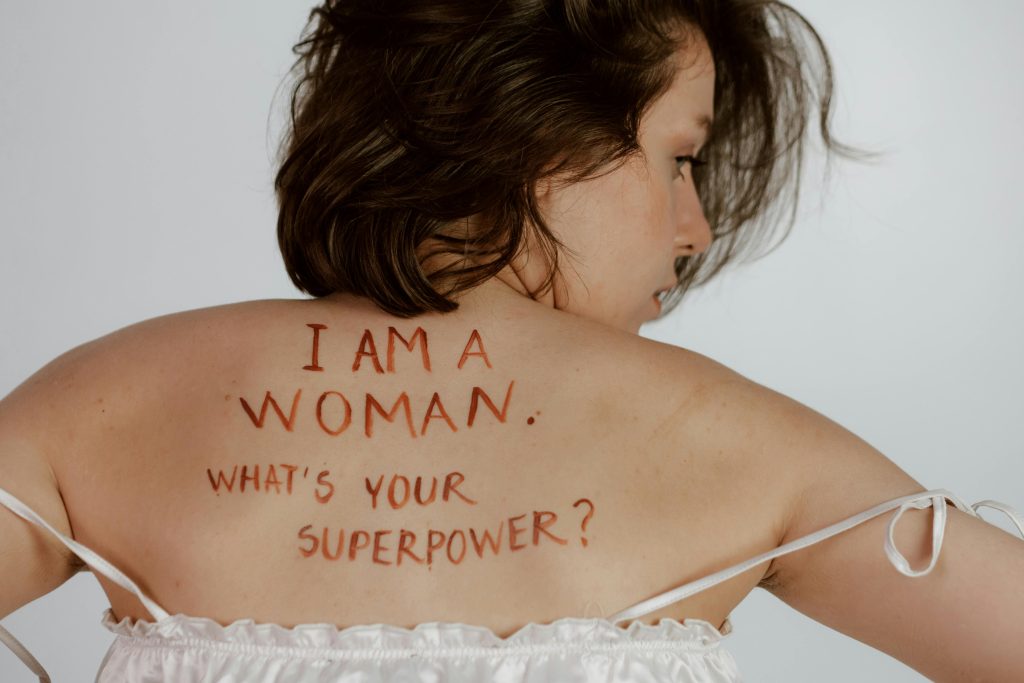More Than a Month: Why Celebrating Women’s History Is an Act of Power
Every March, calendars fill with mentions of Women’s History Month. It’s a time when we see inspiring quotes from historical figures and celebrate the groundbreaking achievements of women. But what is this month really about? Where did it come from, and why is it so crucial—not just for society, but for every woman—to embrace and celebrate it?

The answer is simple: Our history is our power. Understanding where we’ve come from illuminates the path to where we’re going.
From a Single Day to a National Movement: How It All Started
Like many great movements, Women’s History Month didn’t start with a grand national decree. It began with a spark at the local level, fueled by the passion of educators and activists who noticed a glaring omission in our history books.
The story begins in Santa Rosa, California, in 1978. The Education Task Force of the Sonoma County Commission on the Status of Women initiated a “Women’s History Week” celebration. They chose the week of March 8th to align with International Women’s Day, a global day of recognition that has its roots in the socialist and labor movements of the early 20th century.
The celebration was an incredible success. Schools developed special curricula, a parade was held, and community members eagerly participated in presentations and events. The idea was electric—it was clear they had tapped into a deep-seated need to see women’s contributions recognized.
The movement quickly gained momentum. Historian Gerda Lerner and the National Women’s History Project (now the National Women’s History Alliance) were instrumental in advocating for national recognition. They, along with other organizations, lobbied Congress and the White House.
Their persistence paid off.
- In 1980, President Jimmy Carter issued the first presidential proclamation declaring the week of March 8th as National Women’s History Week.
- By 1987, after years of continued petitioning, Congress passed a law designating the entire month of March as Women’s History Month.
It was a victory born from a simple, powerful idea: that the history of our nation is incomplete and inaccurate without the stories of its women.
Why Every Woman Should Celebrate Women’s History Month
Celebrating Women’s History Month is more than just a nod to the past. It’s an active, empowering practice for the present and future. Here’s why it matters so deeply.

1. To Reclaim Our Narrative
For centuries, history was written primarily by men, about men. The contributions of women—as scientists, artists, leaders, innovators, activists, and thinkers—were often minimized, ignored, or credited to their male counterparts. Women’s History Month is our chance to correct the record. By learning about figures like Katherine Johnson, the NASA mathematician who calculated flight paths for the first U.S. space missions, or Ida B. Wells, the pioneering journalist who risked her life to expose the horrors of lynching, we are reclaiming a narrative that has always been ours.
2. To Find Inspiration in Our Collective Strength
When you face a challenge, do you ever feel alone? History shows us that you are not. The rights and freedoms many of us have today—the right to vote, to own property, to pursue an education, to control our own bodies—were not given freely. They were fought for, tirelessly, by generations of women who faced ridicule, imprisonment, and violence. The suffragettes, the labor activists, the civil rights leaders—their resilience is our inheritance. Knowing we stand on the shoulders of such giants gives us the strength to face our own battles, big and small.
3. “If You Can See It, You Can Be It”
Representation is everything. When young girls (and grown women!) learn about women who have shattered ceilings, it expands their own sense of possibility. Learning about Madam C.J. Walker, America’s first female self-made millionaire, teaches us about entrepreneurship and perseverance. Learning about Dr. Mae Jemison, the first African American woman in space, shows us that our dreams have no limits. These stories provide the blueprints for our own ambitions.

4. To Understand Intersectionality and Honor Every Woman’s Story
Women’s history is not a monolith. The experiences of a white, wealthy woman in the 19th century were vastly different from those of a Black, enslaved woman, or an immigrant woman working in a factory. A true celebration of women’s history must be intersectional, honoring the stories of women of color, LGBTQ+ women, women with disabilities, and women from all socioeconomic backgrounds. It’s a time to elevate the voices of figures like Marsha P. Johnson, a key figure in the Stonewall Uprising, and Jovita Idár, a Mexican-American journalist and activist. This ensures our celebration is inclusive, accurate, and truly representative of our diverse tapestry.
5. Because Celebrating Our History is an Act of Self-Worth
Ultimately, celebrating Women’s History Month is an act of celebrating ourselves. It is a declaration that our stories matter, our contributions are valuable, and our presence is powerful. It connects you to a lineage of remarkable, resilient, and revolutionary women. It reminds you that you are part of an incredible legacy and that you, too, are making history every single day.
How You Can Celebrate This Month (and Beyond)
- Educate Yourself: Read a book by a female author, watch a documentary about a powerful woman, or listen to a podcast on women’s history.
- Amplify Women’s Voices: Share the stories of women you admire on social media. In meetings at work, make a point to credit female colleagues for their ideas.
- Support Women: Shop at women-owned businesses, donate to charities that support women and girls, and mentor a younger woman in your field.
- Share Your Story: Your own history and experiences are valid and important. Share them with friends, family, or your community. You never know who you might inspire.
Let’s make this March—and every month—a time to honor our past, celebrate our present, and build a more equitable and empowered future for all.

Leave a Reply